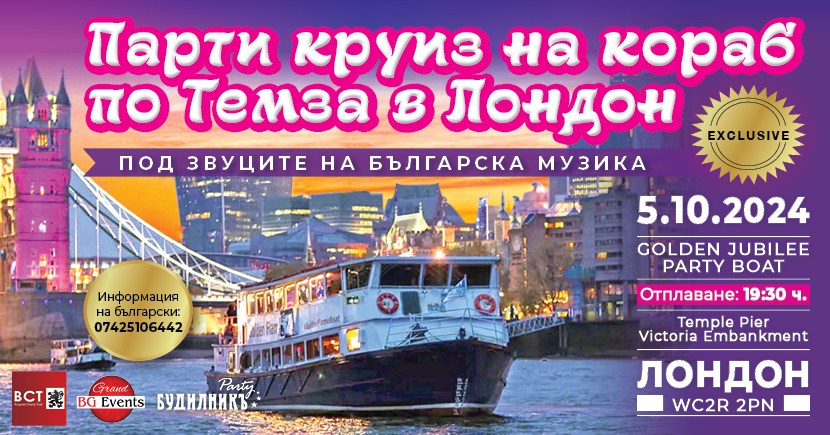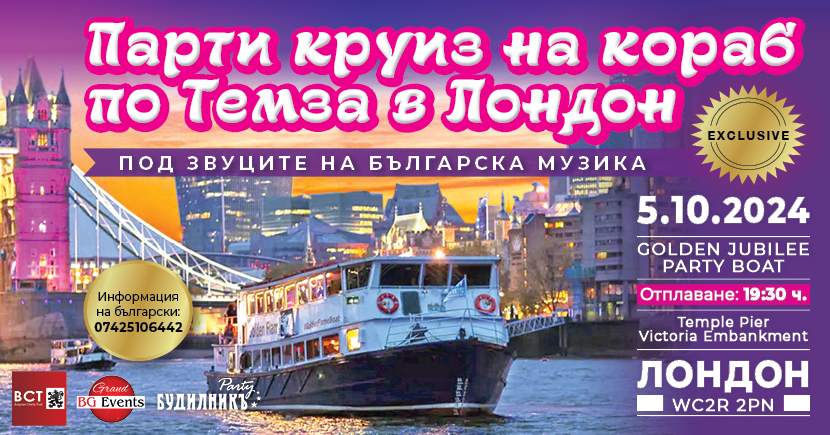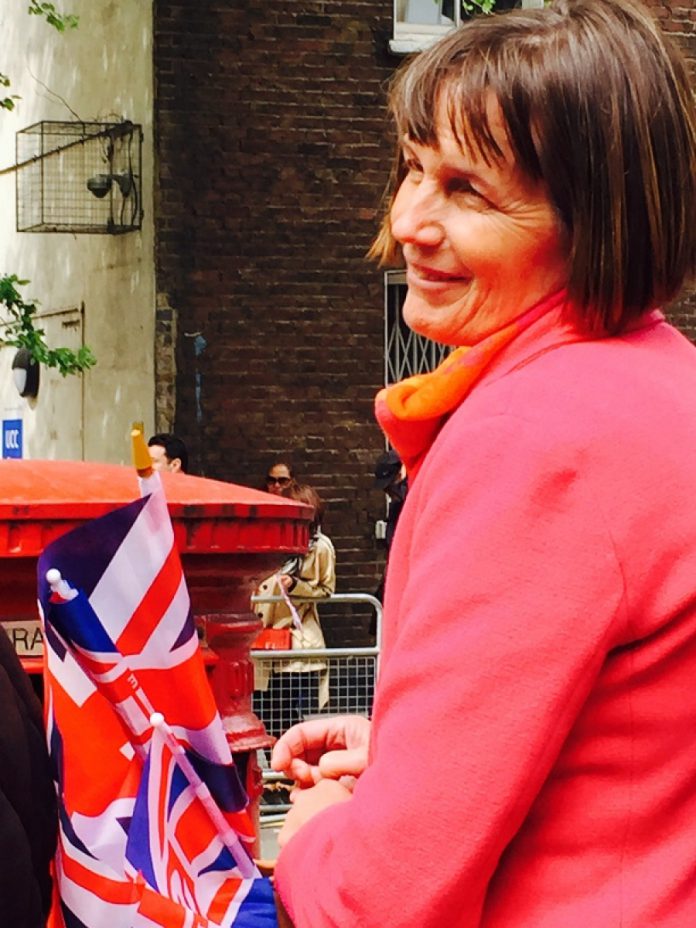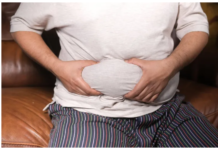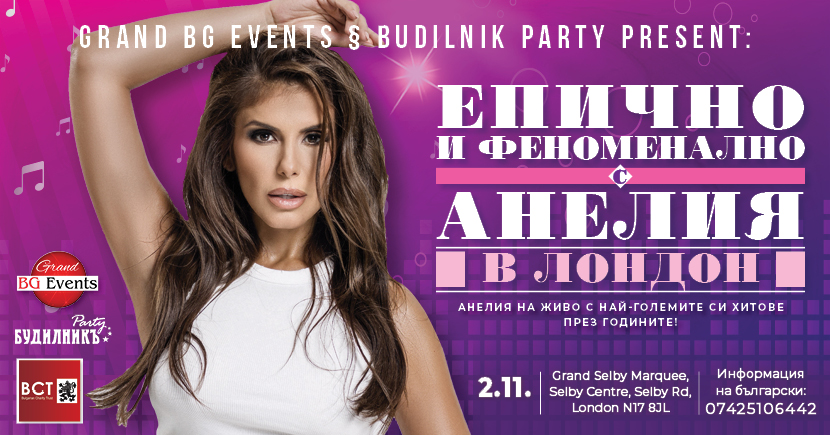By Rumyana Vakarelska
News teams and royalists (pictured, photo by Diliana Nikolova) waited for days and nights in front of St Mary’s Hospital in Paddington, Westminster, before fully-formed Princess Charlotte Elizabeth Diana was born on Sunday, May 2. The good news was most welcome by many UK voters, as Princess Charlotte’s birth served as the last national unifying factor before the general elections on May 7, where a hung Parliament is currently the most likely outcome. Six instead of the normal two or three parties have a realistic chance of power and seats in a new coalition government, including two nationalist parties, namely SNP and Plaid Cymru. These parties are contesting the vote against the Conservatives, the Lib Dems, Labour, UKIP and the Greens.
According to independent polling organisations and to the predictions of betting company William Hill, which expects a turnover of GBP 2,5 million from political betting on the election results, there is a high likelihood of (1/12) of a hung Parliament because of the two nationalist parties high likelihood to be involved in any new coalition. Three more betting companies are taking hefty bets on the outcome on 7 May expecting a total of GBP 10 million turnover, including William Hill, according to Rupert Adams, a spokesperson of the company, who gave me an exclusive interview on 5 May. ‘In sports, people bet GBP 8 on average, in politics bets of GBP 100 are more likely’, he said. On the question, the outcome is ‘neck a neck’ between Labour’s Ed Miliband and the Conservatives’ David Cameron, Adams said.
Political betting is highly unlikely in most of Europe, but in the UK it has been a long-standing tradition since the late 19th century. As far as the royalists political affiliations are concerned, they are mostly supporters of the establishment, but yet do not obligatory vote Conservative or possibly UKIP.
On the other hand, not all Brits are royalists, as it recently came out in places like Wales, which has been traditionally leaning towards Labour. In a recent BBC television interview with Allegra Stratton, Newsnight’s political editor, the leader of the nationalist Welsh Plaid Cymru, Leanne Wood, confirmed that she has addressed HM the Queen Elizabeth II as Mrs Windsor. This is not surprising as the rule of a Monarch in a modern democracy still represents a large concentration of power in the hands of one non-elected leader, including the state, the army and the church. Nicola Surgeon, the SNP leader has also said that if the Conservatives win and have the promised referendum on EU in 2017, Scotland will have another independence referendum, implying that being part of EU is more important for Scotland, than being part of the British monarchy.
The much respected British monarch, HM Queen Elizabeth II, has visited Prince William and Kate Middleton, respectively the Duke and the Duchess of Cambridge, and Prince George on May 5 at Kensington Palace, which is a great honour. The date will remain well-marked in history as the birth of Princess Charlotte was registered in Westminster Council at Baker Street, a place where also non-UK born long-standing residents of Westminster receive, at a special ceremony, their British citizenship and local residents register their marriages and deaths, as well. The choice of birth place in St. Mary’s Hospital is also part of the royal tradition, where Prince George and other members of the royal family were born.
The birth of a new royal princess rather than a prince was also a positive development, whereby she is the fourth in line to inherit the throne following Prince Charles, Prince William, and Prince George. Speculation that she is already listed in the Guinness book as the most well-known 10-hours old baby in the world, with 30 million news listings and another 143 million mentions on non-media websites, have flooded the press and will make her the best promoter of London. Many of the UK media mentioned that the royal institution is UK’s best and most recognised international brand, bringing billions of pounds a year as tourism revenues. But we also have to count that most countries in the world are not monarchies and think of what they make of all that hype, although the defence of a Westminster resident was blunt: ‘I have been to so many countries with elected presidents, which are more corrupt, so the British Monarchy is not outdated.’
At the London Mayor’s Press election campaign press conference, following the birth of Princess Charlotte on May 2, a member of Boris Johnson’s publicity team, according to the Evening Standard newspaper, which bluntly promotes the Conservative Party and Boris Johnson as a London Mayor for another tern, has said:
‘Campaign relevant? What shall we make of Princess Charlotte in this light? Is she a symbol of privilege or a joyful national event? And which leader greeted the news most convincingly? My opinion is that David Cameron sounded too much like a courtier and Ed Miliband seemed uncomfortable. Nick Clegg, the king maker, was most at ease, as he usually is these days.’
If nothing else, this statement may finally make you cast your vote on May 7.
Ends © Copyright Rumyana Vakarelska 2015 Sponsors for the English language page in Budilnik are asked to please contact Rumyana Vakarelska, partner at Team New Europe, on teamneweurope@yahoo.co.uk
